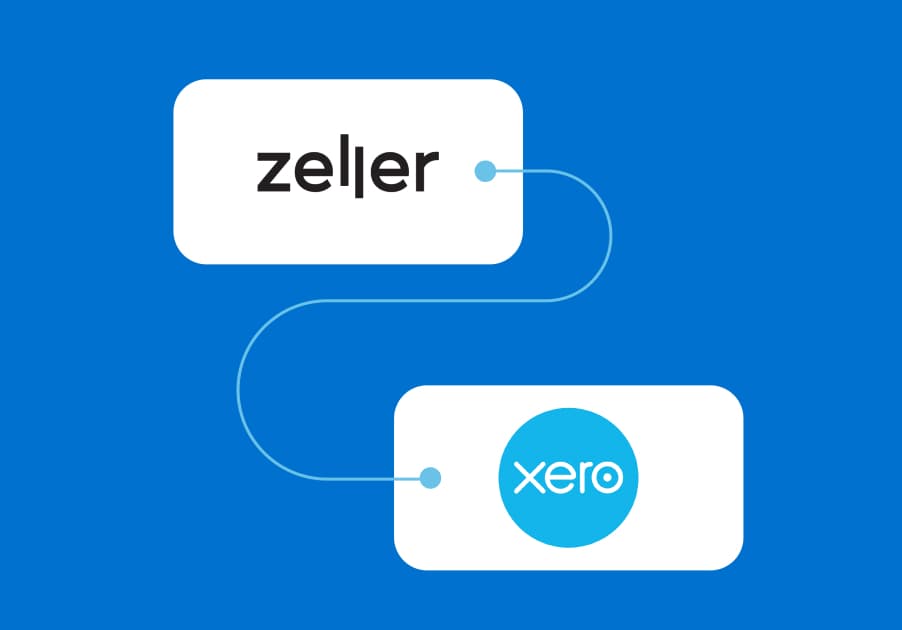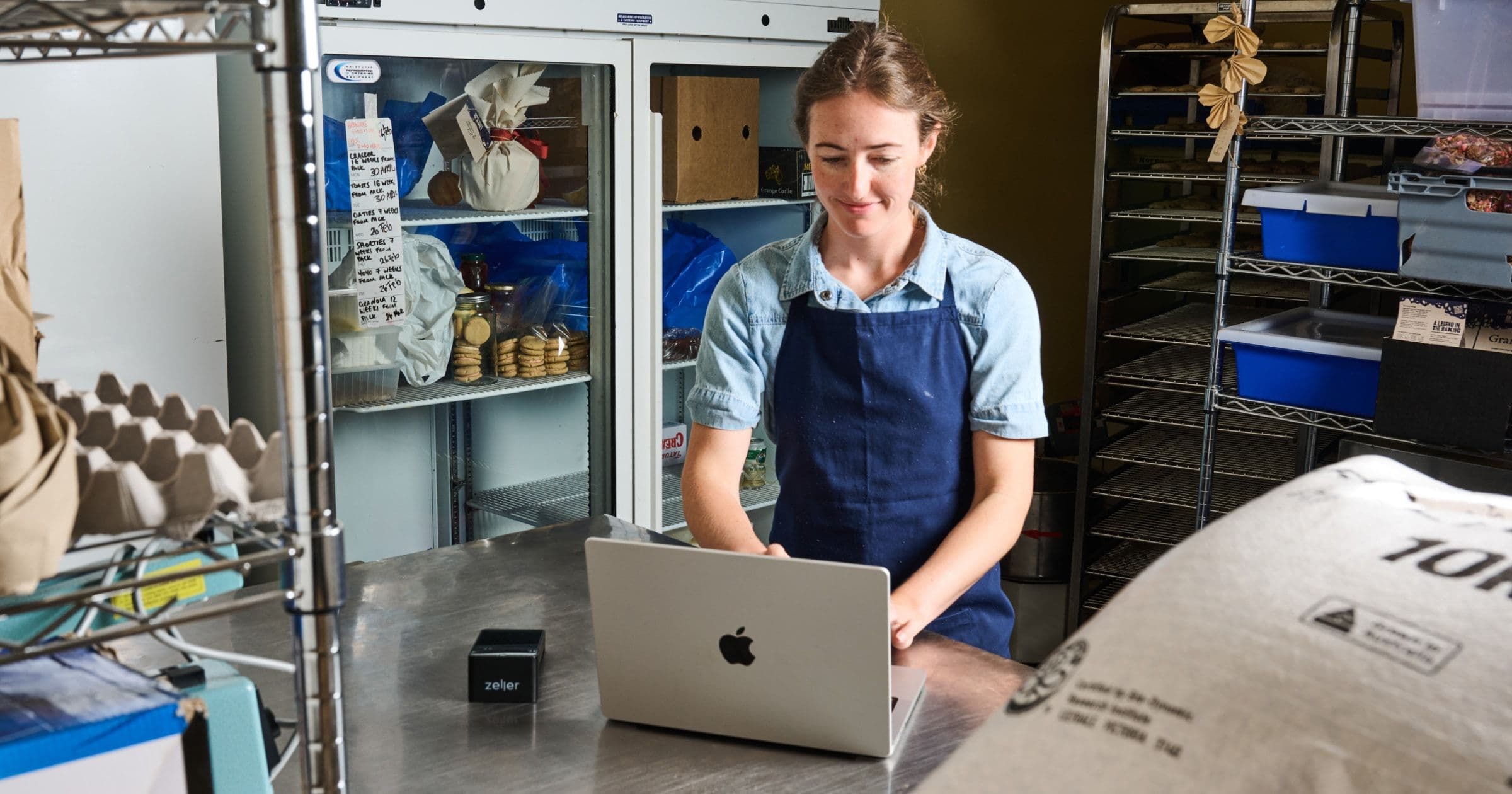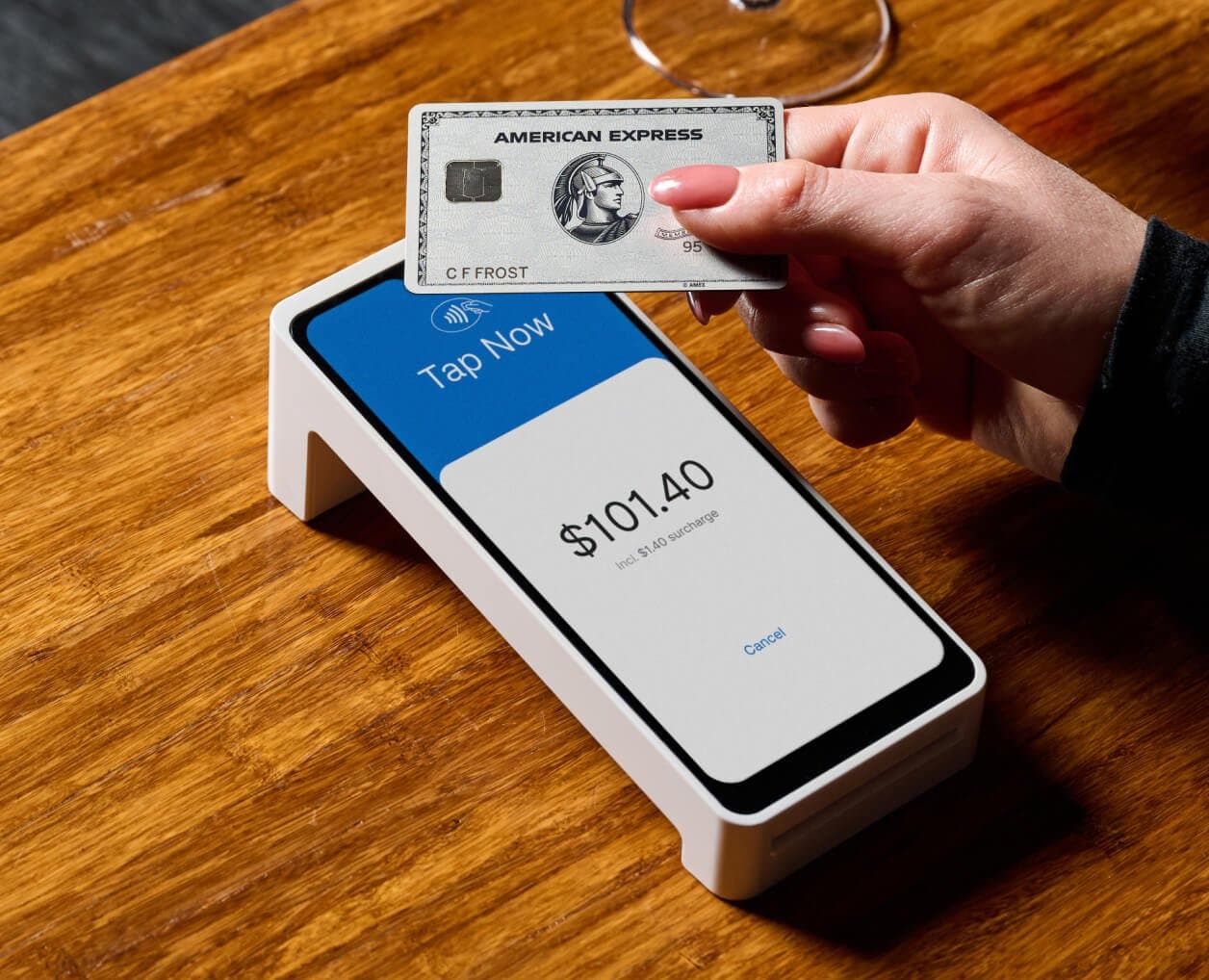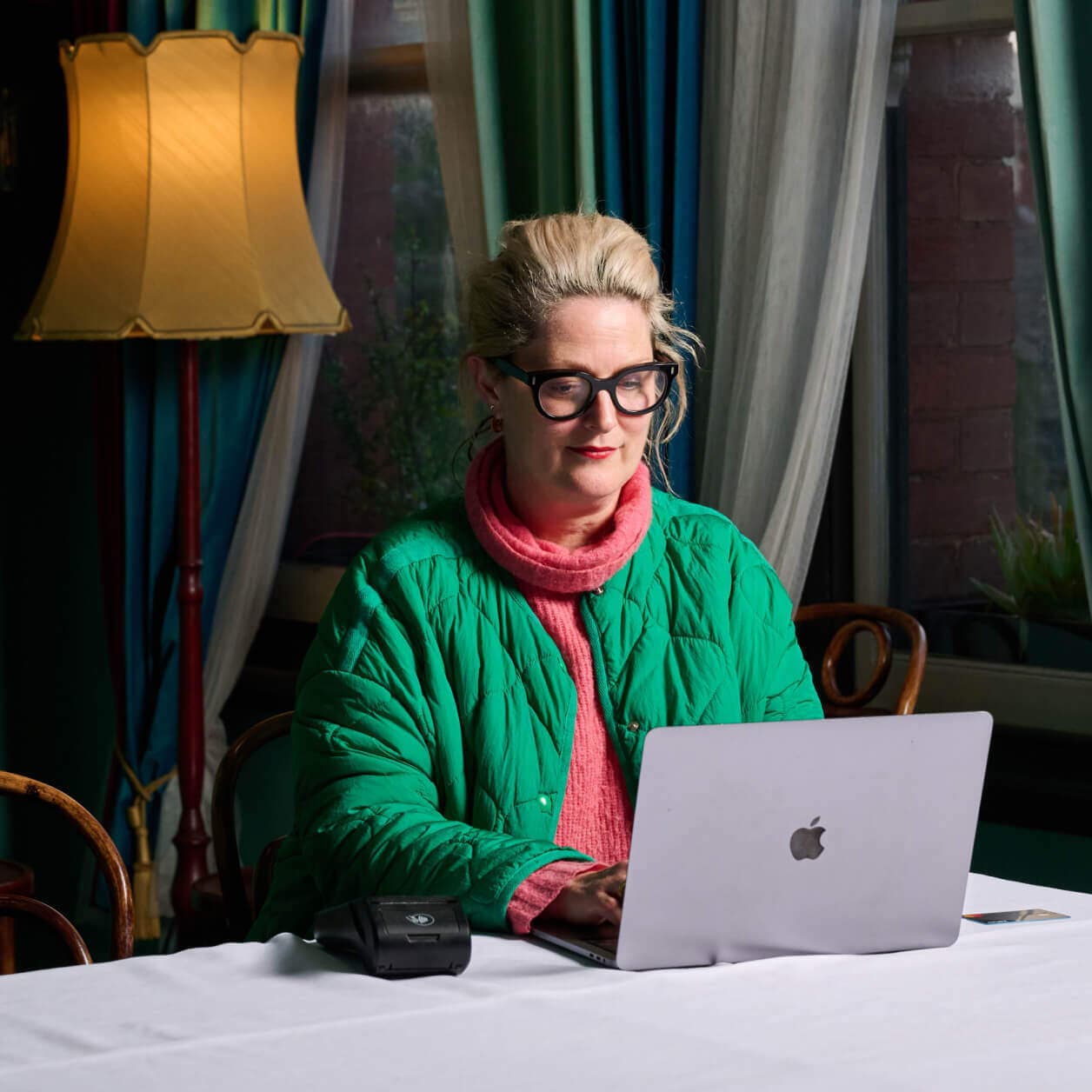
- Business Growth & Optimisation
EOFY Planning: Expert Insights from a Business Tax Accountant
Love it or hate it, the end of the financial year is just around the corner. So, to help you get prepared and to get the most out of tax time, we spoke with business mentor and associate financial advisor, Sidney Cachuela, to help answer five essential questions.

Sidney Cachuela is a business mentor and associate financial advisor with experience working with high profile wealth managers and financial advisers. In 2018 he co-founded POP Business, a cloud-based accounting firm. He has expertise in helping small businesses with a range of accounting services, including: financial advice, accounting and bookkeeping, GST tax planning, as well as company, trust and partnership tax returns and more.
1. It’s my first time filing taxes for my new business, what do I need to know?
Many first-time business owners get tripped up by their tax obligations the first time round, because as Sidney puts it: “You don’t know what you don’t know.” If you’re feeling overwhelmed, it’s understandable: tax law is very broad and complex, with obligations that change depending on a wide variety of factors, from what you’re selling to how your business is structured, and what your annual turnover is. “Everyone knows about income tax, but when you start having to deal with GST and FBT or WET, payroll tax, or when you’re working with companies based overseas, it becomes much more complicated,” says Sidney. “That’s why it's very important to have a business tax accountant to discuss these issues with. To help navigate those things and make sure that there are no penalties or fines applied for the incorrect handling of that,” he says.
2. What should I be looking for in a small business tax accountant?
As a business owner, it’s not necessary for you to understand every nuance of Australian tax law, however it’s important that you’re not left in the dark either. “You want to find a business tax accountant who is approachable, understanding, and can communicate really well on these issues,” says Sidney. “I have met clients who have misunderstood their tax obligations, purely because they were working with a small business tax accountant that didn’t have experience in their area,” he continues. “With smaller accounting practices, they might be great at doing individual tax returns and sole trader tax returns, but then their expertise doesn't really branch into other areas. So, it's really important to find an accountant that meets your level of complexity.”
When looking for a business tax accountant, ensure you ask them whether they have experience working with businesses in your industry, but also, with businesses at the same stage lifecycle as you. “Some accountants work with small businesses, others with startups and scale ups and others with more mature businesses,” says Sidney, it’s very important to find one that understands your particular needs.”
3. What can I expect to get out of working with a business tax accountant?
At a minimum, a business tax accountant will ensure you are meeting all of your tax obligations, however a good accountant will also work with you to arrange your financial affairs so as to reduce your tax bill as much as possible. This is what is often referred to as ‘tax planning’ or ‘tax-effective cash flow management. “Tax planning is one of the most important and most beneficial services to pick up from a business tax accountant because once a business becomes profitable, it is the accountant's job to figure out how to maximise that profit,” says Sidney. “There are different strategies that an expert business tax accountant would look into, such as the structure of the business. If they originally started as a sole trader or they're just a one-entity company, maybe they'll consider a holding company or family trust,” he continues.
Business tax accountants will also analyse your finances and make recommendations on where income should go, so as to minimise your tax bill. “This includes advising you on certain tax concessions, such as the $20,000 instant asset write-off,” says Sidney. This program, which was extended in this year’s federal budget, allows businesses to claim an immediate tax deduction after buying a new piece of equipment – a vehicle, a coffee machine, or EFTPOS machine for example. “A business tax accountant will ensure you’re aware of all the tax concessions available to you, which can often help you make decisions about whether to purchase an asset or not,” Sidney explains.
4. What can I do to ensure my time with a business tax accountant is productive (and cost effective)?
Working with a business tax accountant doesn’t come free – as with all accounting and bookkeeping services, billing is calculated per hour, so the longer you spend, the more you will pay. To help you optimise the time you spend with your business tax accountant, there are a number of things you can do ahead of meeting them.
“If you’re managing your own bookkeeping, it's very important to have all of your accounts reconciled at least up to the 30th of June before you meet,” says Sidney. “If there are any transactions that you’ve tried to reconcile but you’re unsure of, it’s a very good idea to note these down in a separate document so that when you have a discussion with your accountant or bookkeeper, you can tackle these quickly, rather than having to trawl through spreadsheets together.”
For businesses that are a little more advanced, such as those that are already working with a bookkeeper for their day-to-day reconciliation, but that have not yet entered into tax planning, Sidney recommends preparing a cash flow forecast. “A cash flow projection spreadsheet allows you to easily see how you’re tracking for the year,” he says, “It will be able to tell you whether you’re a little tight on cash, or what your profit looks like. If you’re profitable, your accountant might make recommendations around investing in some assets, restructuring, or paying dividends before the end of the financial year to reduce your tax liability,” he explains.
5. What tools will make managing my tax accounting easier?
Whether you’re a sole trader doing all your own reconciliation, or whether you're running a multi-person company with an in-house bookkeeper: using the right tools to manage your money will set you up for success. “When it comes to accounting software, Xero is one of the biggest and probably the most popular,” says Sidney. “For payment processing, Zeller’s ease and transparency really stand out. The systems are user-friendly, it’s a modern, market-leading product and it works seamlessly with Xero, so it makes accounting administration a breeze,” he says. Used together, Zeller and Xero allow you to provide accurate and up-to-date financial reports to your business tax accountant, which will give them the visibility they need to make informed recommendations, specific to your business.
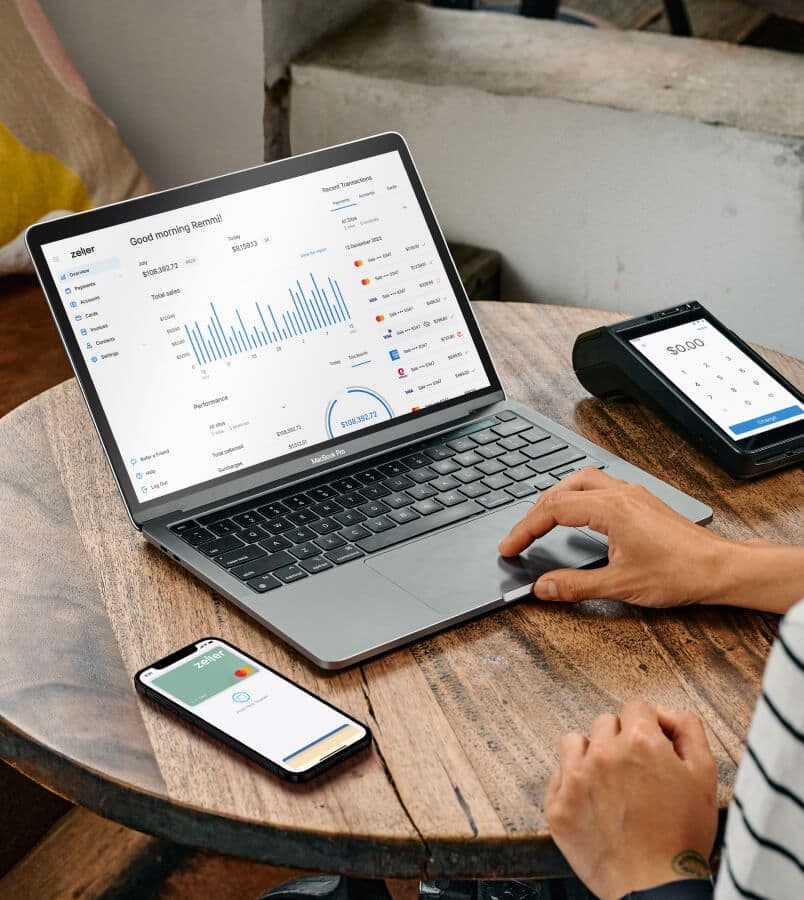
Simplify your financial administration with Zeller.
Take payments, store and save money, spend, and manage your expenses, all in the one place. Zeller makes financial management simple for you, and your tax accountant.
Disclaimer: The information provided on this site is for general informational purposes only and should not be considered as advice that takes into account your business needs and objectives. If you are unsure, seek the advice of a qualified accountant or financial service advisor before deciding whether a savings account is right for your business.

